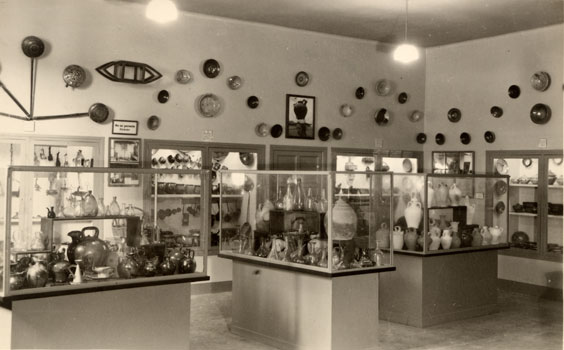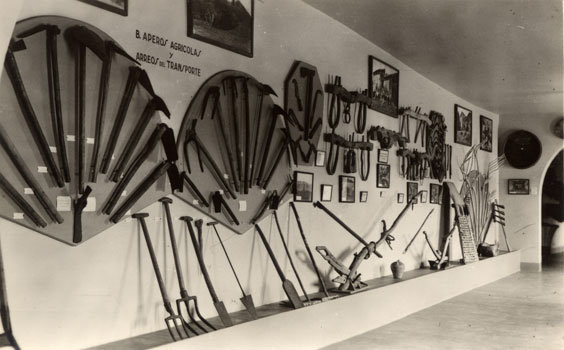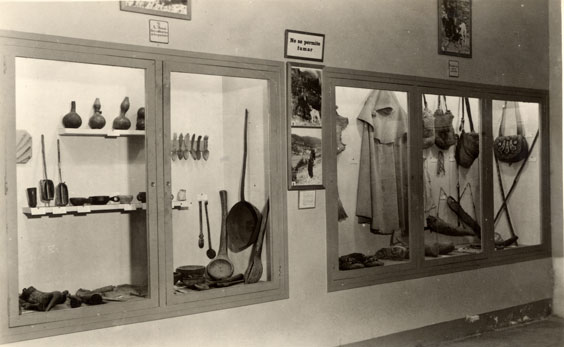
Ethnological Activity in the Catalan Museums in the 1940s
Ethnological activity in Catalan museums in the 1940s
Period
2010-2011
Researchers: Dr. Gabriel Alcalde and Maria de Lluc Serra
Description
In this work we analyze the role that ethnology played in Catalan museums in the 1940s. It is also within the framework of these years that ethnology played a prominent role in Catalan culture. Personalities such as Joan Amades – a self-taught folklorist who was appointed curator of the Museum of Industries and Popular Arts –, or Ramon Violant Simorra – an ethnographer who focused much of his studies on the Pyrenees region and who was also curator of the Museum of Industries and Popular Arts –, had a crucial importance for the course of Catalan ethnology.

Objectives
Study and analysis of the role played by ethnology in the Catalan society of the post-war period, and of the work carried out by the foremost ethnologists of the times.
Study of how ethnology was reflected in the museums created in that period through an analysis of three paradigmatic cases: the Museum of Folk Arts and Industries, the Barcelona Ethnology Museum and the Sant Pere Folklore Museum of Ripoll.

Consultation of the museums’ archives to carry out a complete documentary screening.
Interviews of the personnel of the museums, which will allow us to gather direct information on the origin, creation and continuity of the museums’ ethnological collections.
Analysis and study of the foremost figures of the 1940s who collected, studied and finally donated objects of the ethnological heritage to the Catalan museums.
Study of the general situation of the Catalan museums in the 1940s, with special emphasis on the creation of the ethnological collections, on the role that ethnology played in the society of that period and, by extension, on the role that it played in the museums.
Development of a final conclusion in which we hope to demonstrate the great significance of ethnology from the museum standpoint.





Institut Català de Recerca en
Patrimoni Cultural ICRPC
observatoridepublics@icrpc.cat
Tel. 972 486 158



- Sitemap
- |
- Legal Notice
- |
- Cookies usage
- |
- Privacy policy
- |
- Contact
- |









